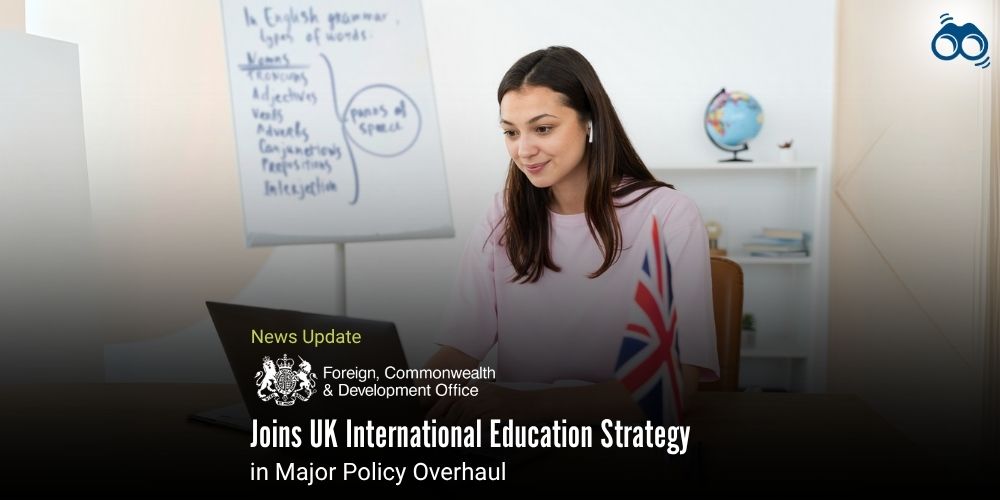UK to Refocus International Education Framework on Governance, Recruitment, and Global Engagement
New Strategy Aims to Strengthen UK’s Global Education Leadership and Policy Cohesion
The UK’s approach to international education is undergoing a significant revision, as policymakers seek to align it more closely with broader government objectives. Initially developed in 2019 by the Department for Business and Trade in partnership with the Department for Education, the current strategy has drawn criticism for focusing too heavily on export targets, rather than presenting a comprehensive vision for global engagement.
In response, the strategy is now being updated to better reflect recent shifts in national policy. The revised framework is expected to draw on key elements from Labour government policy papers on immigration, trade, and industry, thereby ensuring it supports the UK’s wider economic and diplomatic goals. By addressing earlier shortcomings, policymakers aim to deliver a more balanced and forward-looking vision for international education.
Speaking at the International Higher Education Forum, Sir Steve Smith, the UK’s international education champion, announced that the Foreign, Commonwealth and Development Office (FCDO) had joined as a co-author of the new strategy. This development, he said, was intended to enhance policy coordination across departments. He further explained that the review would reflect changes in international education over the past five years, with a particular focus on governance, sustainable student recruitment, and transnational education (TNE).
The FCDO’s involvement is seen as a significant step forward, offering opportunities to better harness the UK’s soft power and make full use of its global diplomatic and education networks. Indeed, soft power is one of the UK’s most enduring assets, with 58 current and former world leaders having studied in the country. Nevertheless, the FCDO has faced criticism following The Guardian’s report that aid budget cuts could result in the closure of British Council offices in up to 60 countries.
Catriona Laing, Senior Responsible Officer for the FCDO’s Soft Power Hub, reaffirmed the central role of UK universities in supporting the nation's soft power. She noted that while the UK currently ranks third globally behind the US and China, this position could shift. Education, she stressed, plays a crucial role in building international relationships, promoting British values, and fostering global advocacy. Furthermore, Laing confirmed that new trade and industrial strategies, due for release after the upcoming spending review, would place education at their core. The updated international education strategy is expected to be published in the coming months, marking a renewed commitment to global engagement through education.
Editor’s Note
The United Kingdom stands at a pivotal moment in the evolution of its international education policy. As this sector continues to serve as both an economic driver and a vital instrument of soft power, the forthcoming revision of the UK’s international education strategy represents a timely and necessary recalibration. The inclusion of the Foreign, Commonwealth and Development Office as a co-author marks a notable shift towards greater interdepartmental collaboration, signalling a more holistic approach to global engagement. This updated strategy, shaped by recent political, diplomatic, and economic developments, aims to move beyond the narrow pursuit of export targets. Instead, it seeks to reaffirm the role of education as a cornerstone of the UK’s broader international relationships, national values, and long-term influence. With particular emphasis on sustainability, governance, and transnational education, the forthcoming framework is poised to address both the challenges and opportunities that have emerged over the past five years.
Skoobuzz asserts that, as we await the strategy’s release, this renewed focus highlights the UK’s enduring strength in global education and its potential to lead with purpose and vision in an increasingly interconnected world.














0 Comments (Please Login To Continue)